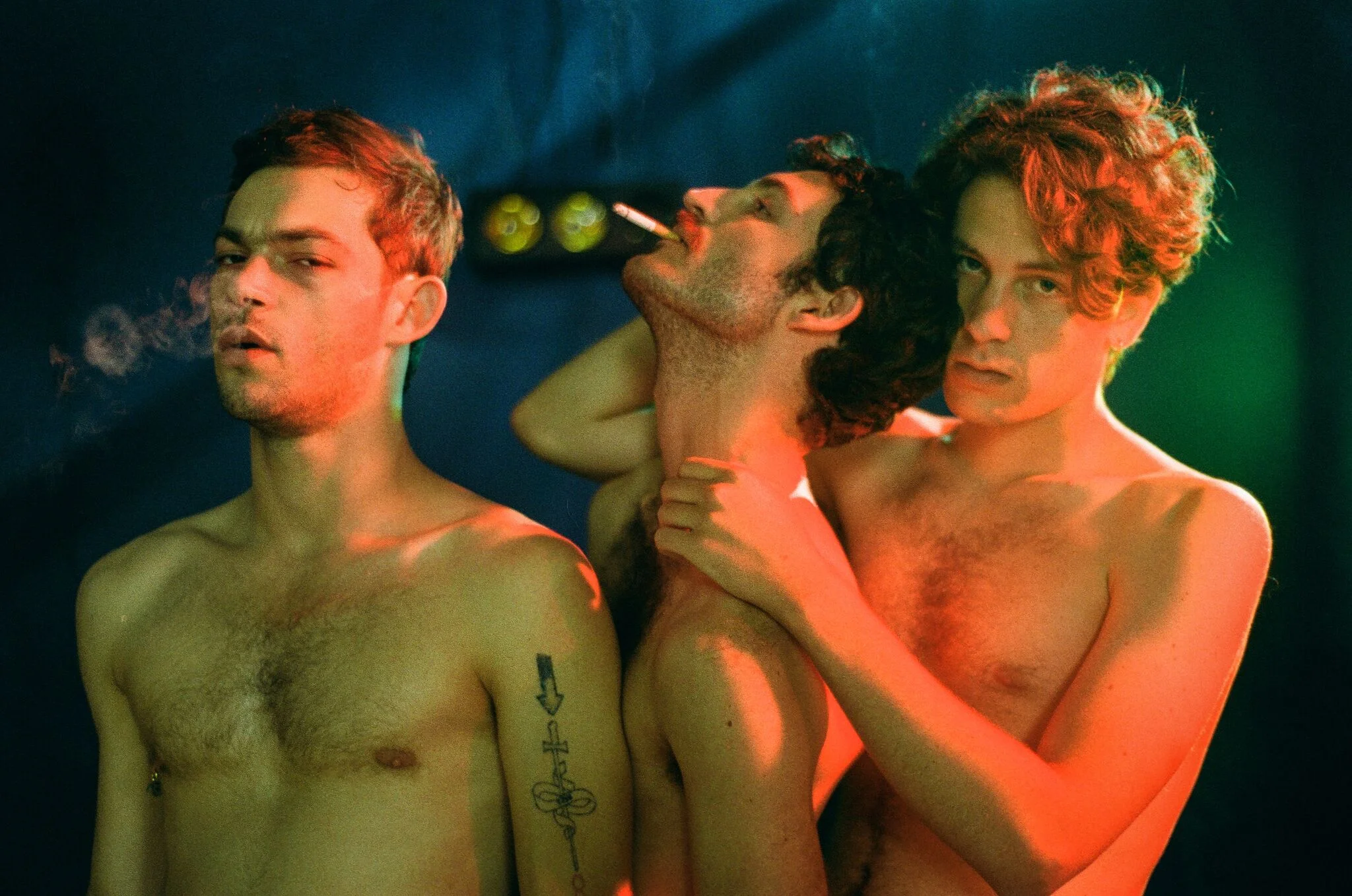[Fantaspoa Film Fest 2019 Review] Deodato Holocaust
When The Blair Witch Project burst onto the scene, becoming a smash success and scaring audiences who thought it was real (at least, in the beginning), it sparked a new trend in horror films: found footage films. It was heralded as a new filmmaking technique and would spawn countless knock-offs and genuinely amazing films. But the truth is that it wasn’t the first found footage film and fans of a little known gem called Cannibal Holocaust were obviously upset. 1999 was the year that director Ruggero Deodato would find new infamy as fans re-discovered his earlier works. Truth be told, outside of hearing the title, I knew nothing about Cannibal Holocaust or its legacy until after The Blair Witch Project made a stir. And that movie would send 20 year old me down a rabbit hole of Italian exploitation cinema.
Ruggero Deodato was equally surprised at his sudden resurgence after The Blair Witch Project (a movie he considers poorly made, according to this documentary) because he never considered himself a horror director. Instead, he compares himself to the greats like Spielberg and Scott, who flit between different genres. He wants to be known as an “adventurous director.”
So if there’s any real narrative to director Felipe M. Guerra’s documentary Deodato Holocaust, it’s that: that Ruggero Deodato was an adventurous director who bucked the status quo and learned by doing and experiencing the world. And I can’t really disagree with this assessment, as Deodato forced his producers to let him film in the style of cinéma-vérité, filming in the wild. His anecdotes of getting lost in the jungles, traveling six hours to get an overhead shot of the jungle (when Eli Roth could just use drones to capture it, years later in his film The Green Inferno) all exemplify that ethos.
Even though Deodato Holocaust evokes his most known work, the documentary, instead, focuses on Deodato’s entire career, spanning his education under the wings of Roberto Rossellini, to taking over productions (while still getting assistant director pay) and his filmography beyond Cannibal Holocaust. It’s an interesting career retrospective that actually had me adding must see films to my list (like his killer telephone and killer washing machine movies). But it is a bit dry, as it mostly just features Deodato as a talking head, with film clips and newspaper clippings.
It doesn’t really dig deep into what makes him tick until the very end, where Ruggero gets candid about the animal killing in Cannibal Holocaust, his disdain for other directors’ cannibal movies (fake sets, poorly made costumes, fake locations) and the way he views the younger generation (i.e., my generation) and the hypocrisy of hiding death while being surrounded by death.
This is contrasted with the way he was raised, during the war, and seeing violent images around him and in the news. He contrasts the simple act of slaughtering pigs for food in his young life with it being caught on film in his movie. This was the most interesting part of the documentary for me, as you could see Deodato get incredibly animated about the way he sees the world. And even though he wags his fingers at the way things are, it didn’t feel like the “Old Man Yells at Clouds”/Get Off My Lawn cliche.
Unfortunately, I didn’t really see a through line in the narrative which could have elevated the documentary to something fantastic as, say, the Horror Noire documentary or even something horror adjacent like Tickled or Three Identical Strangers. Fans of Ruggero Deodato’s entire career will probably enjoy the hell out of this. I found Ruggero a fascinating subject, full of contradictions. He is resistant to being called a horror director, even though he was shoehorned into that genre. He says he doesn’t like horror movies outside of the classics like Psycho because of their reliance on gore…even though his movies tend to be full of gore and violent imagery.
But outside of contrasting these early statements with clips from his movies, the documentarians don’t lean into it or question it. Ultimately, even though I did enjoy Deodato Holocaust, it felt more like a nugget that would be included on a Blu Ray of his movies rather than being able to stand on its own. Fans of Deodato’s work will find a lot to reminisce about, though.


![[Fantaspoa Film Fest 2019 Review] Deodato Holocaust](https://images.squarespace-cdn.com/content/v1/5b39608d75f9eef54c62c3f0/1558901220389-PB4CLU0J0FKUSBRCO7W9/xICrs3vQ.jpeg)



![[Review] Wade in the Water](https://images.squarespace-cdn.com/content/v1/5b39608d75f9eef54c62c3f0/1558215259408-KX4D0IA3R5J9YV0WBATT/xt5XBXLU.jpeg)
![[Fantaspoa Film Fest 2019 Review] True Fiction](https://images.squarespace-cdn.com/content/v1/5b39608d75f9eef54c62c3f0/1559349317193-5X5HASHW8S31X7KVQ0G0/jqtJKWSA.jpeg)
![[Cinepocalypse 2019 World Premiere Review] Attack of the Demons blew me away](https://images.squarespace-cdn.com/content/v1/5b39608d75f9eef54c62c3f0/1559517754151-Y339R0C4DJ4NESQ5QI0X/DemonsTeaserPoster.jpg)
![[Panic Fest 2020 Review] Beyond the Woods is Incredibly Slow](https://images.squarespace-cdn.com/content/v1/5b39608d75f9eef54c62c3f0/1578266435430-XV4ZG9638P7GCE3SPH6C/featured_beyond_the_woods3-1024x512.jpg)